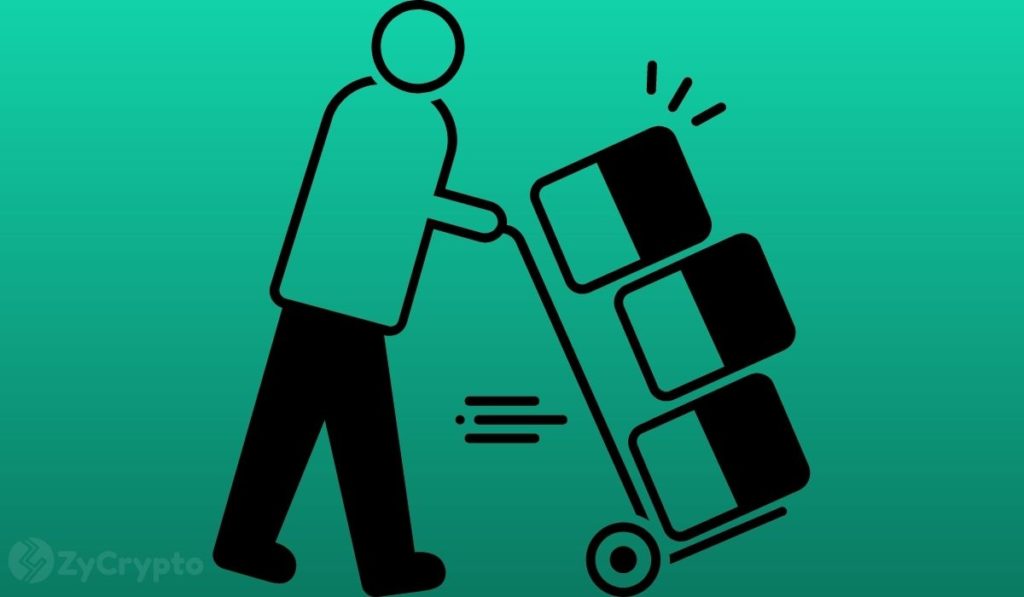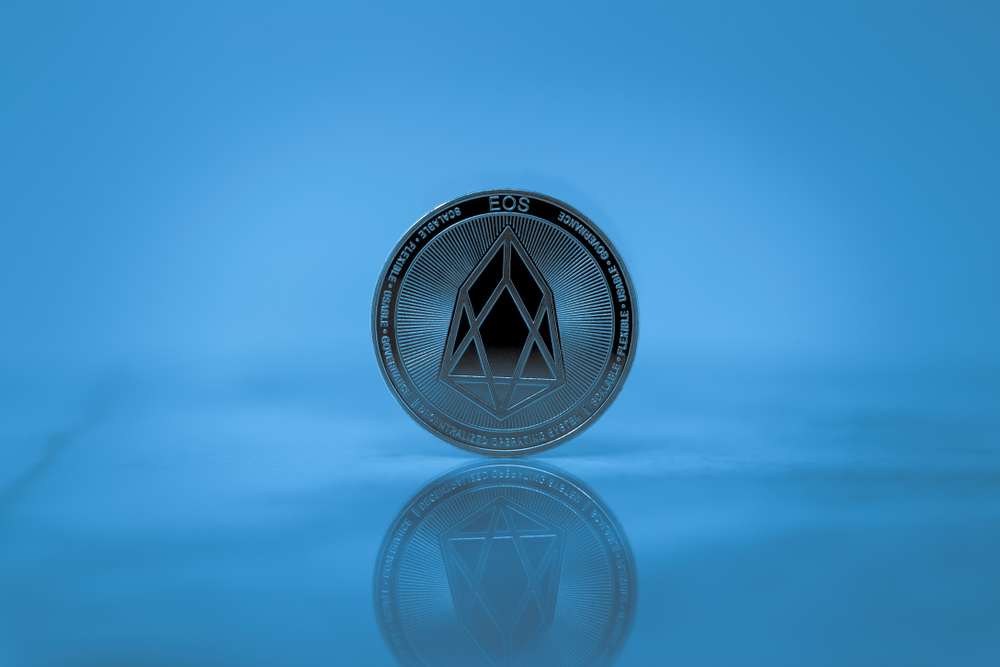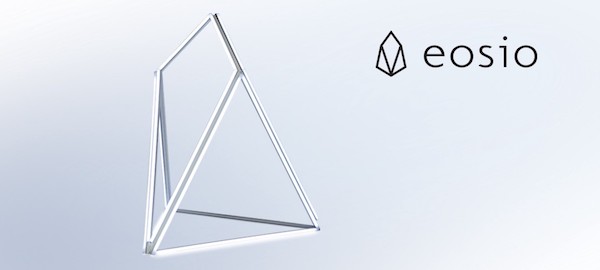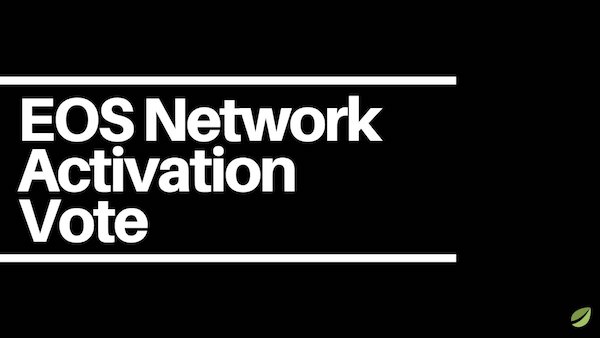2018-12-4 02:12 |
Decentralization is one of the most debated topics in the blockchain and crypto industry and now something that has happened on the EOS network has sparked a lot of discussion about the future of decentralization in the network after Starteos, a block producer for the network has offered money for people who voted in it.
“What”, you may be asking. That’s right, Starteos is now paying people, which was described as “offering a shared part of the income” with the users that voted on it.
EOS, which is known as being decentralized and having a decentralized governance model, has raised $4 billion USD for its Initial Coin Offering (ICO), but it only has a market value of $2.5 billion USD today.
Is EOS Really So Democratized?With its election system, the EOS network always claimed to be a highly democratized network because, just like the Tron network, it lets the users vote on the companies that they want and, therefore, it works just like a representative democracy.
However, only 21 users/companies verify all the transactions that happen on the EOS blockchain, a fairly small number of representatives. In Bitcoin, anyone can do it, for instance. These are different systems and both are ok but not without their issues.
Now, though, it looks like the whole idea is compromised as one of the block producers is simply offering people money for support. If a politician would offer you money to vote on it, would this be very democratic? No, it would be illegal in most countries.
This could cause a major centralization shift because people would start to vote on the companies that offered them money and, with time, the ones which could be able to offer more money would win and centralize the ecosystem.
After even the creator of the network, Daniel Larimer, affirming that decentralization was not the goal of the EOS network, it does not look like the EOS will be able to maintain its image of decentralization for very long, which can be a long-term issue.
A delegated proof of work system only works if some of the delegates are not able to centralize the system around themselves and this may be what Starteos is trying to do here. Bitcoin has a way more decentralized solution which is actually very hard to hack as one would have to maintain more than 51% of the hash rate and this would be considered an attack, which would make prices drop a lot.
In a system like EOS, if the system is corrupted, a 51% attack becomes considerably more likely and only wealthy companies would be able to get in the game, which would basically end up rigging it. Big block producers would be more wealthy and would be more famous which means that they would likely get more powerful over time.
Starteos And The Centralization ThreatWith this company using this new strategy, we can definitely see brand new issues appearing after some time. While the company may be doing in this in good faith, it is a risky move that can doom the chain.
Starteos affirms that their main motivation is to show how much they trust the EOS and that the company wants to make more and more people to participate in the process of the elections (voting on them, of course).
This company was created in early 2018 and has turned into a block producer over the year. It has its own crypto wallet and mines EOS tokens.
At the moment, the EOS is the blockchain with the largest number of daily transactions in the world despite the decline in the price of the token, something that has been happening to all cryptos during the bear market. At the moment, the token is valued at $2.83 USD.
origin »Bitcoin price in Telegram @btc_price_every_hour
EOS (EOS) на Currencies.ru
|
|











